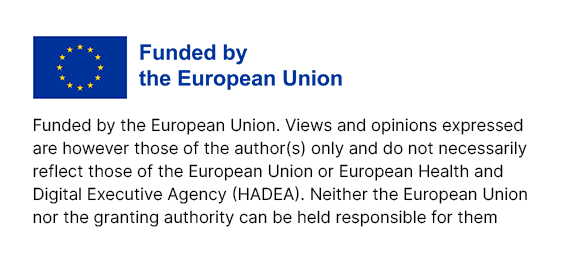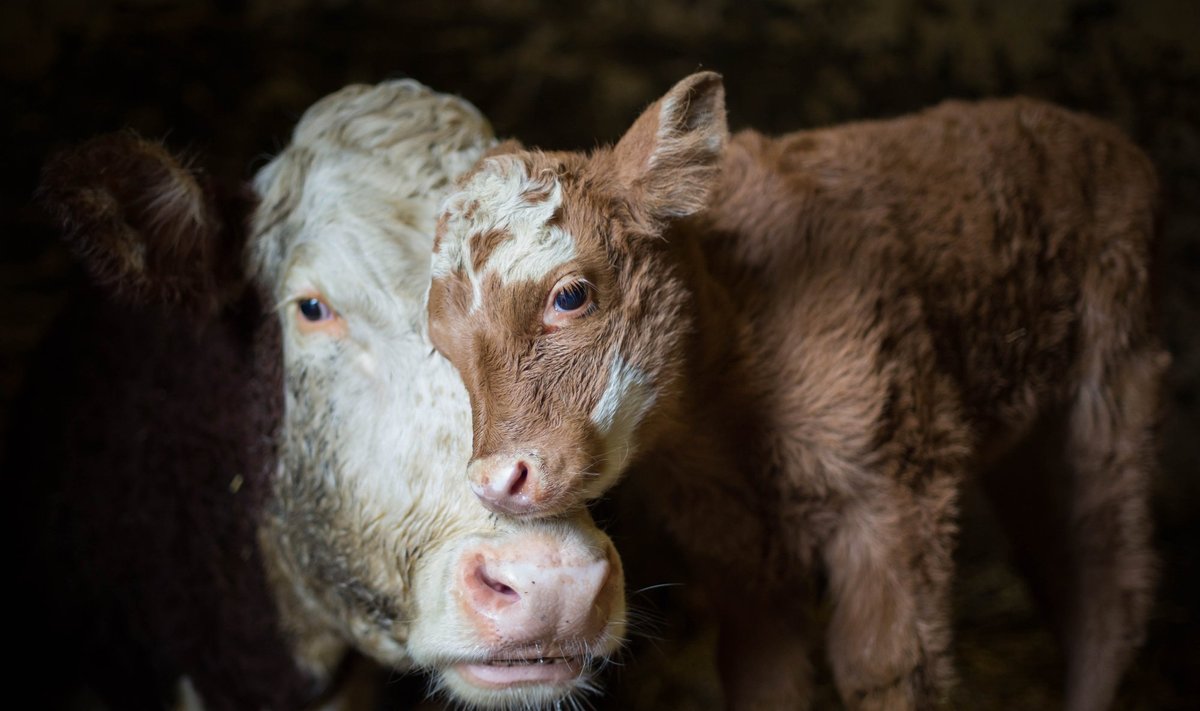Claims:
Spain has approved amendments to the country’s Penal Code that will only make zoophiles criminals if they injure or kill an animal during the act of sexual violence (here).
Verdict:
It is not true. Spain has not yet approved the amendments. Moreover, neither the current Penal Code nor its amendments refer to zoophilia, so the claim that it is being decriminalised is a lie.
“Lie Detector” Commentary:
On 9 February 2024, the lower house of the Spanish parliament passed a bill slightly amending the articles of the Spanish Penal Code on animal welfare. The bill still has to be passed by the upper house, the Senate, before it becomes law. If passed, the amendments will replace part of the Spanish Penal Code relating to animal abuse, which was last updated in 2015. The amendments to the Penal Code were submitted by the far-left Minister for Social Affairs Ione Belarra. Her opponents have been quick to point out that amendments will lead to the decriminalisation of zoophilia, or bestiality, as the latter term is more commonly used in foreign countries.
The issue in question is related to the amendment of Article 337 of the Spanish Penal Code, which currently provides for the punishment for “sexual exploitation of animals”. In the amendment wording is changed to “acts of a sexual nature which result in injury of an animal to such an extent that intervention by a veterinarian is needed”.
The fact that the proposed amendment does not specifically state that all sexual acts with animals should be criminalised, but only those that physically harm animals, has been presented as allegedly clear evidence that Spain is decriminalising zoophilia. However, it is worth noting that neither the old nor the new legislation used the word “bestiality” or “zoophilia” in Spanish. Sources from the Spanish Ministry of Social Affairs have defended the new wording of the Penal Code to the media because, according to them, the only legislation in force, which was adopted in 2015, only penalised the “sexual exploitation” of animals, which could be interpreted as sexual exploitation only for instances involving financial gain.
“All sexual acts with animals will be punished. If injuries are caused, they will be considered crimes; the rest – less serious offences – will be classified as abuse without visible signs of injury (maltrato de obra)," explained representatives of the Ministry of Social Affairs.
The fact-checking service “Newtral” also concluded that the aim of the draft law is to strengthen the protection of animals against sexual exploitation. However, the service quotes legal and animal rights experts who suggest that the wording of the law should be changed to more clearly criminalise any such acts. Therefore, there are no evidence that zoophilia will be decriminalised in Spain and subsequently pave the way in the European Union. The European Commission has made it clear that the issue of punishment for cruelty or sexual exploitation of animals remains the exclusive competence of the Member States.
The European Union member states are more inclined to increase punishment for animal sexual abuse than lean towards decriminalising zoophilia. Germany, for example, had legalised zoophilia in 1969, except cases of severe harm to an animal. However, since the beginning of 2013, a law has been in force prohibiting sexual acts with animals. Zoophilia is banned in many European countries. In Lithuania, the Penal Code also punishes cruelty to animals, but not specifically sexual acts with animals. However, zoophilia falls under the concept of cruelty to animals.
Sources:
- FACT CHECK: No, Spain has not legalised bestiality
- Spain is legalising bestiality, claims Polish justice minister in warning over “leftist virus”
- Nos preguntáis si el proyecto de reforma del código penal en materia de maltrato animal “despenaliza la zoofilia”
- DICTAMEN DE LA COMISIÓN Y ESCRITOS DE MANTENIMIENTO DE ENMIENDAS PARA SU DEFENSA ANTE EL PLENO
- El delito de maltrato animal tras la reforma del Código Penal por LO 1/2015: Art 337 del Código Penal
- Animal welfare: Germany moves to ban bestiality
- Answer given by Mr Dalli on behalf of the Commission
- TEISINĖ ATSAKOMYBĖ UŽ ŽIAURŲ ELGESĮ SU GYVŪNAIS

